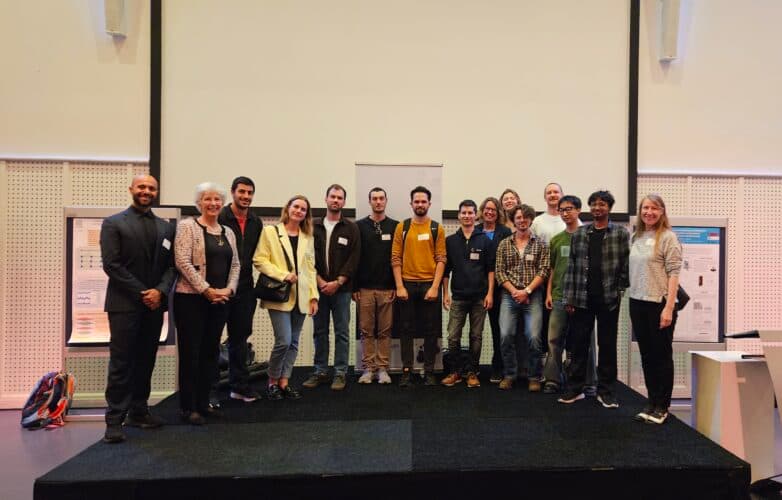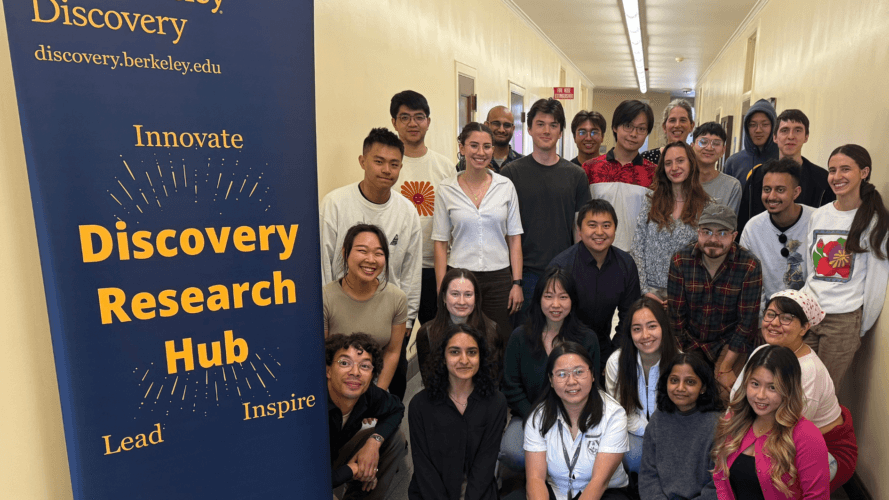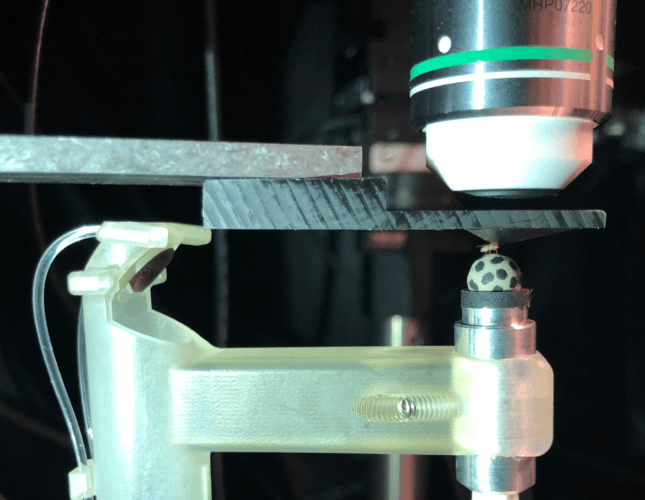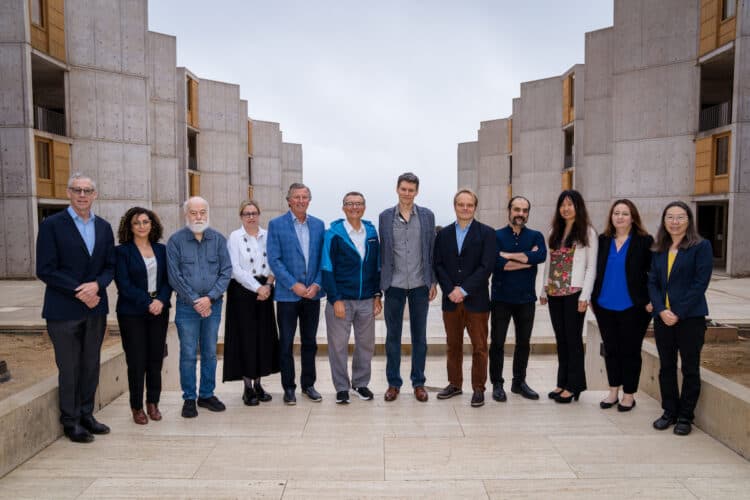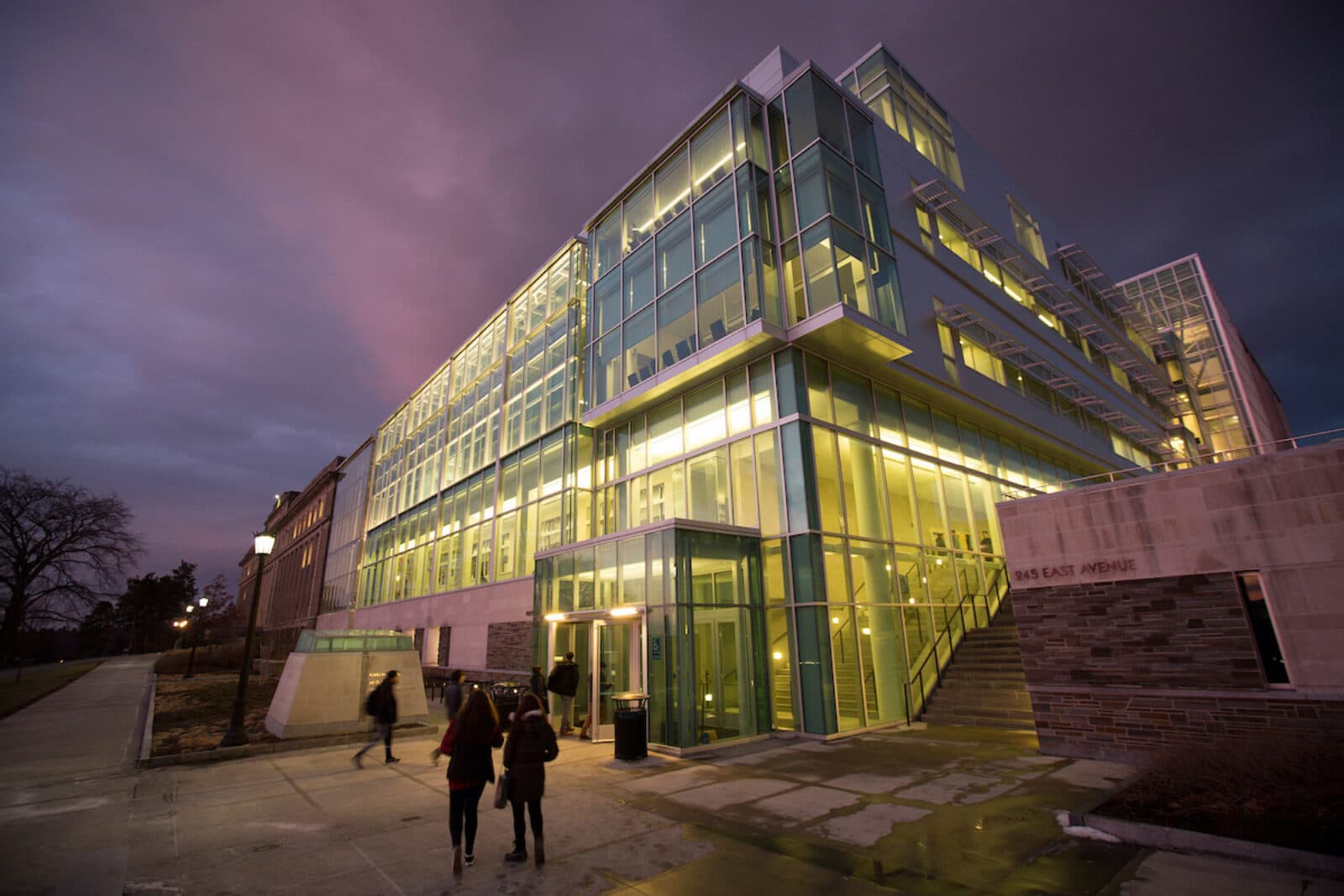
Kavli Institutes
At the 20 Kavli Institutes internationally, scientists push the frontiers of science, seeking answers to fundamental questions in astrophysics, nanoscience, neuroscience and theoretical physics.
Astrophysics
Kavli Institute for Astronomy and Astrophysics
Peking University-Beijing
Kavli Institute for Astrophysics and Space Research
Massachusetts Institute of Technology
Kavli Institute for Cosmological Physics
University of Chicago
Kavli Institute for Cosmology
University of Cambridge
Kavli Institute for Particle Astrophysics and Cosmology
Stanford University
Kavli Institute for the Physics and Mathematics of the Universe
University of Tokyo
Nanoscience
Kavli Energy NanoScience Institute
University of California, Berkeley
Kavli Institute at Cornell for Nanoscale Science
Cornell University
Kavli Institute for NanoScience Discovery
University of Oxford
Kavli Institute of Nanoscience Delft
Delft University of Technology, Netherlands
Kavli Nanoscience Institute
California Institute of Technology
Neuroscience
Kavli Institute for Brain and Mind
University of California, San Diego, and the Salk Institute for Biological Studies
Kavli Institute for Brain Science
Columbia University
Kavli Institute for Fundamental Neuroscience
University of California, San Francisco
Kavli Institute for Neuroscience
Yale University
Kavli Institute for Systems Neuroscience
Norwegian University of Science and Technology
Kavli Neural Systems Institute
Rockefeller University
Kavli Neuroscience Discovery Institute
Johns Hopkins University
Theoretical Physics
Kavli Institute for Theoretical Physics
University of California, Santa Barbara
Kavli Institute for Theoretical Sciences
University of Chinese Academy of Sciences
Previous Institute: Kavli Institute for Bionano Science and Technology at Harvard University (transitioned to endowed professorships)
Featured News
Explore the latest news, events and discoveries from Kavli Institutes around the world.
see all newsNanoscience
Q&A with Andrei Faraon, director of the Kavli Nanoscience Institute at Caltech
Jan 13, 2026
The Kavli Foundation and TU Delft have committed to additional support for the Kavli Institute of Nanoscience Delft (KIND) for the next decade
Nov 25, 2025
Nanoscience
Training tomorrow’s scientific leaders: A bold new approach at UC Berkeley
Aug 05, 2025
Astrophysics
April 18, 2025, marked seven years since NASA's TESS took to the skies.
Jul 18, 2025
Neuroscience
Gaby Maimon takes the helm of the Kavli Neural Systems Institute at Rockefeller University
Jun 04, 2025
New instrumentation from the Kavli Institute for the Physics and Mathematics of the Universe will help scientists study the early history of the universe
Mar 24, 2025
Researchers at the Kavli Institute for Astrophysics and Space Research have proposed a way to solve two cosmic mysteries with a single underlying explanation
Feb 21, 2025
New research from Dong and colleagues has lent strong support to an alternative means of planet-forming, offering a fuller picture of the pathways to planethood
Dec 12, 2024
Nanoscience
Hosted by Vladyslav Vyazovskiy, Kim studies time perception and sleep homeostasis
Nov 04, 2024
It is my vision that these institutes will form an outstanding research core, to draw information from each other and promote interchange between disciplines by scientists around the world.
Fred Kavli

